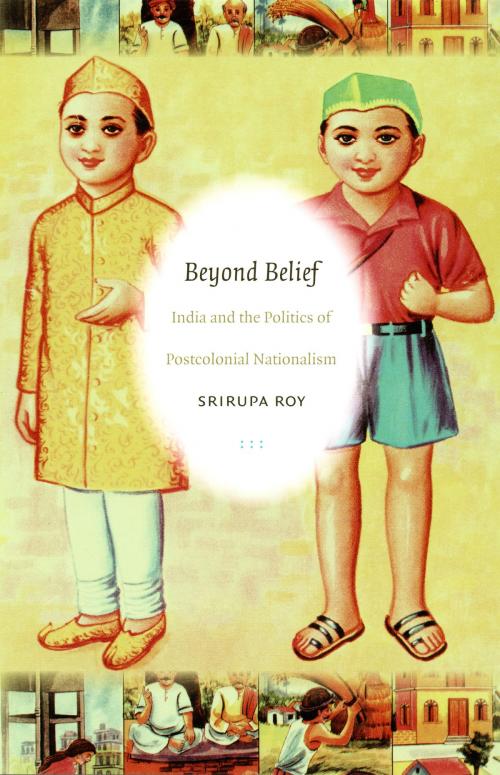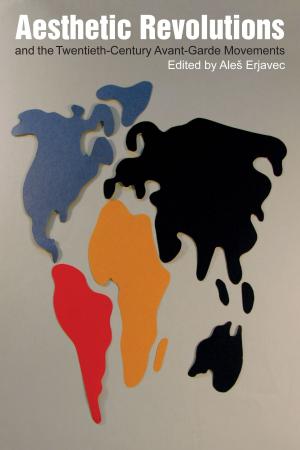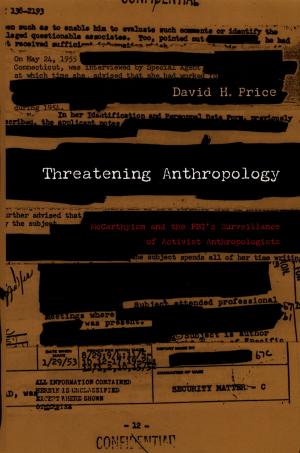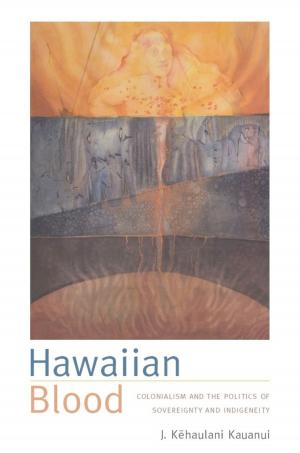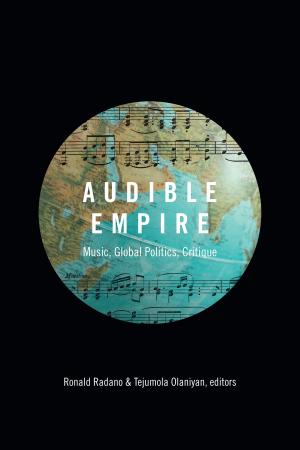| Author: | Srirupa Roy, Julia Adams, George Steinmetz | ISBN: | 9780822389910 |
| Publisher: | Duke University Press | Publication: | May 28, 2007 |
| Imprint: | Duke University Press Books | Language: | English |
| Author: | Srirupa Roy, Julia Adams, George Steinmetz |
| ISBN: | 9780822389910 |
| Publisher: | Duke University Press |
| Publication: | May 28, 2007 |
| Imprint: | Duke University Press Books |
| Language: | English |
Beyond Belief is a bold rethinking of the formation and consolidation of nation-state ideologies. Analyzing India during the first two decades following its foundation as a sovereign nation-state in 1947, Srirupa Roy explores how nationalists are turned into nationals, subjects into citizens, and the colonial state into a sovereign nation-state. Roy argues that the postcolonial nation-state is consolidated not, as many have asserted, by efforts to imagine a shared cultural community, but rather by the production of a recognizable and authoritative identity for the state. This project—of making the state the entity identified as the nation’s authoritative representative—emphasizes the natural cultural diversity of the nation and upholds the state as the sole unifier or manager of the “naturally” fragmented nation; the state is unified through diversity.
Roy considers several different ways that identification with the Indian nation-state was produced and consolidated during the 1950s and 1960s. She looks at how the Films Division of India, a state-owned documentary and newsreel production agency, allowed national audiences to “see the state”; how the “unity in diversity” formation of nationhood was reinforced in commemorations of India’s annual Republic Day; and how the government produced a policy discourse claiming that scientific development was the ultimate national need and the most pressing priority for the state to address. She also analyzes the fate of the steel towns—industrial townships built to house the workers of nationalized steel plants—which were upheld as the exemplary national spaces of the new India. By prioritizing the role of actual manifestations of and encounters with the state, Roy moves beyond theories of nationalism and state formation based on collective belief.
Beyond Belief is a bold rethinking of the formation and consolidation of nation-state ideologies. Analyzing India during the first two decades following its foundation as a sovereign nation-state in 1947, Srirupa Roy explores how nationalists are turned into nationals, subjects into citizens, and the colonial state into a sovereign nation-state. Roy argues that the postcolonial nation-state is consolidated not, as many have asserted, by efforts to imagine a shared cultural community, but rather by the production of a recognizable and authoritative identity for the state. This project—of making the state the entity identified as the nation’s authoritative representative—emphasizes the natural cultural diversity of the nation and upholds the state as the sole unifier or manager of the “naturally” fragmented nation; the state is unified through diversity.
Roy considers several different ways that identification with the Indian nation-state was produced and consolidated during the 1950s and 1960s. She looks at how the Films Division of India, a state-owned documentary and newsreel production agency, allowed national audiences to “see the state”; how the “unity in diversity” formation of nationhood was reinforced in commemorations of India’s annual Republic Day; and how the government produced a policy discourse claiming that scientific development was the ultimate national need and the most pressing priority for the state to address. She also analyzes the fate of the steel towns—industrial townships built to house the workers of nationalized steel plants—which were upheld as the exemplary national spaces of the new India. By prioritizing the role of actual manifestations of and encounters with the state, Roy moves beyond theories of nationalism and state formation based on collective belief.
